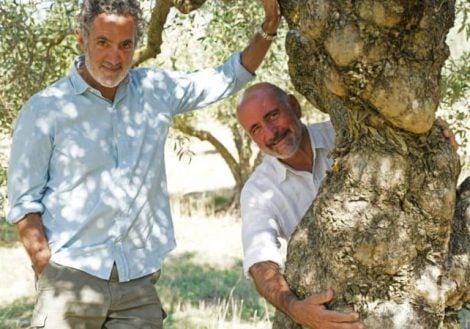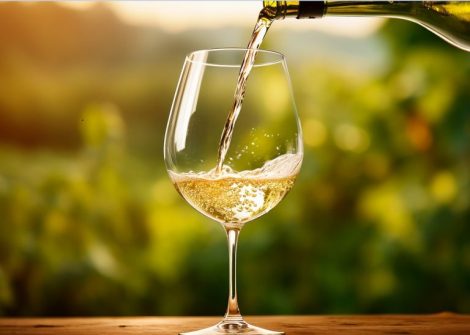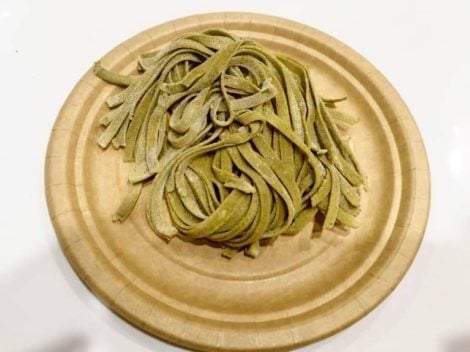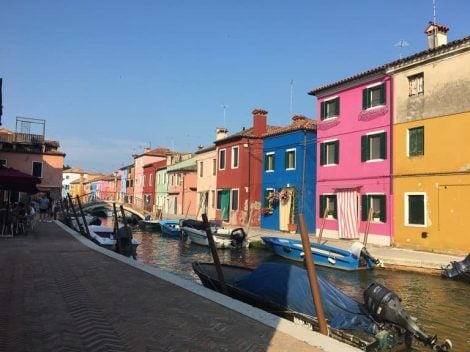The wine industry's difficulty stems from a combination of factors: years of overproduction, declining consumption, climate change, and rising costs. The issue of red wines, consistently in decline for years, particularly affects regions like Abruzzo, Sicily, and Puglia. Now, the idea of dismantling vineyards is gaining traction. France has already implemented a structural plan, and outside the EU, California and Australia are considering similar measures. What about Italy?
The issue has been discussed in Brussels within Copa Cogeca, the European organization of farmers' associations and agricultural cooperatives. A concrete proposal might soon reach the EU Commission.
Temporary Pruning
"We are in a very complicated situation, especially regarding red wine consumption, which is consistently decreasing," explains Luca Rigotti, president of the Copa Cogeca Wine Working Group, to the Tre Bicchieri magazine. "Hence the attempt to set up European tools to manage supply. These proposals, coming from European producers themselves, are yet to be discussed with the EU Commission. One of these proposals is precisely to resort to pruning. A pruning that we could define as temporary and not definitive. This means that the winemaker would have a minimum of three years and a maximum of eight before replanting or deciding not to do it anymore. During this period, they can engage in other crops or decide not to cultivate."
What is the goal of these temporary measures? Rigotti responds, "To stabilize the market. In this specific case, to lighten it and have time to understand whether to invest in other varieties more demanded by consumers or exit the sector."
Proposals on the Table
In this work-in-progress plan, the sore point remains the issue of funds. Should they be national, following France's example, or European? Rigotti continues, "The idea for temporary pruning is to draw from the vineyard restructuring and conversion funds. However, if it were to lead to total pruning, then other resources would be needed, excluding those for promotion because without promotion, the problem of declining consumption could worsen. Then, be clear," he emphasizes, "regions that adhere to uprooting could not request an increase in the vineyard area of 1% in the following years, as currently allowed by the authorization system: it would be anachronistic."
Among other ideas on the table is the suspension of authorizations for new plantings for three years, but Rigotti comments, "It would be a problem for young winemakers and new companies. Finding a compromise is not easy."
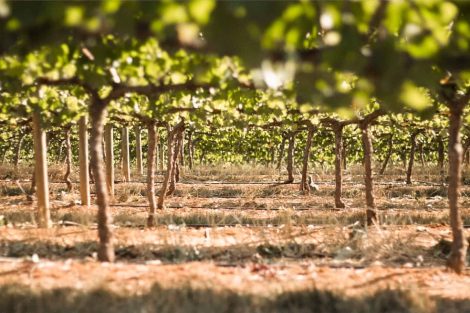
Next Steps in Europe and at Masaf
In the coming weeks, the uprooting proposal could be brought to the EU Commission, and it is not excluded that it could materialize before the next European elections. Rigotti concludes, "I hope that the measure, understood as an additional intervention possibility for all Member States, can be active as early as 2024, waiting to see what will happen with the next harvest. After all," he concludes, "we cannot rely solely on emergency measures like crisis distillation. Structural interventions are needed, and I believe that this awareness and the desire for self-regulation by the wine sector are already good news."
Simultaneously, at the national level, the first technical meetings at Masaf have taken place to address the uprooting issue with different category associations. However, not everyone agrees.
UIV: "Encouraging Vineyard Abandonment"
The Union Italian Vini (UIV) does not support the proposal and strongly opposes any uprooting action with rewards, specifically from the National Support Program (PNS) funds. According to UIV Secretary-General Paolo Castelletti, "The measures of the PNS aim to strengthen the competitiveness of wine companies and guide productions to the market, not to encourage abandoning the vineyard. The objectives of the wine OCM must remain competitiveness and adaptation to the market and - tomorrow - to the climate transition. A debate on possible uprooting plans in some wine regions of the country, as happened in France, is a topic to be approached with extreme caution, with concrete data on the potential situation and future consumption trends."
For the association, before any assessment of production potential, up-to-date data on Italy's vineyard situation must be available. Hence, the request to immediately establish a working group at Masaf to assess the situation. In perspective, the proposal is to modify the current decree on authorizations, introducing eligibility and priority criteria based on the market development situation in different geographical areas, avoiding "rainy allocations."
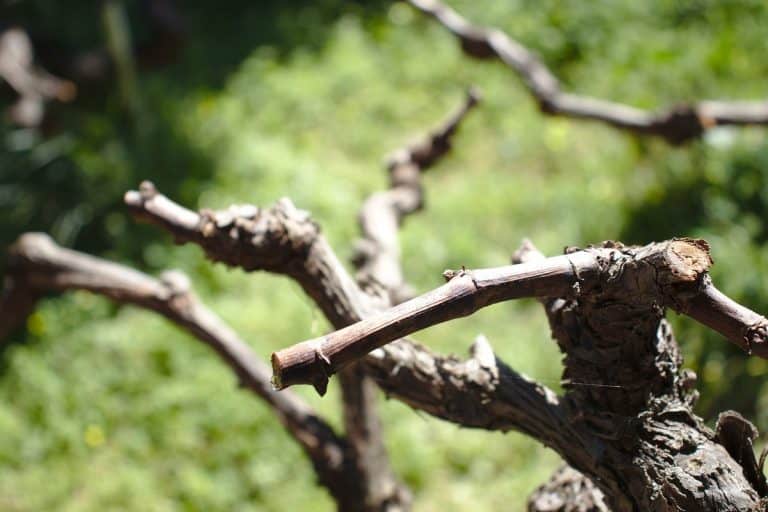
 The 14 best Grechetto wines between Lazio and Umbria chosen by Gambero Rosso
The 14 best Grechetto wines between Lazio and Umbria chosen by Gambero Rosso Chef Salvatore Bianco leaves Naples for the kitchen of the Eden Hotel in Rome
Chef Salvatore Bianco leaves Naples for the kitchen of the Eden Hotel in Rome Discover the best 6 ice cream parlors in Cagliari chosen by Gambero Rosso
Discover the best 6 ice cream parlors in Cagliari chosen by Gambero Rosso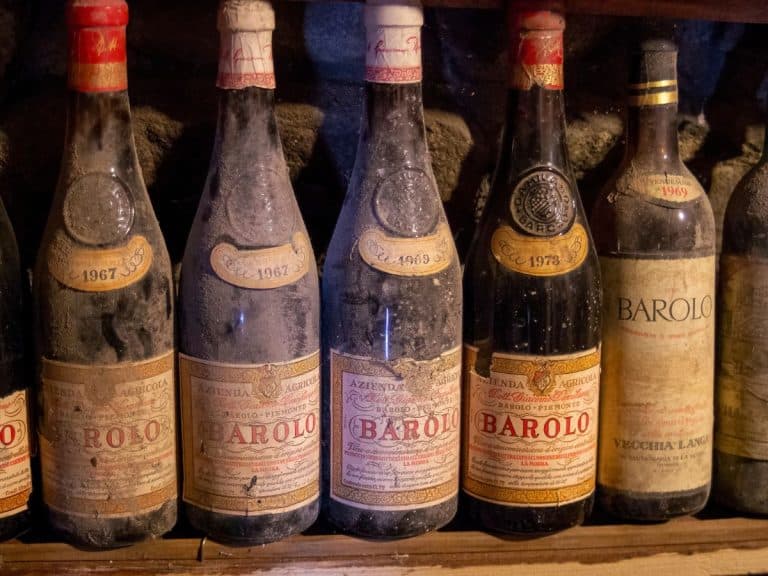 Barolo and the weight of tradition
Barolo and the weight of tradition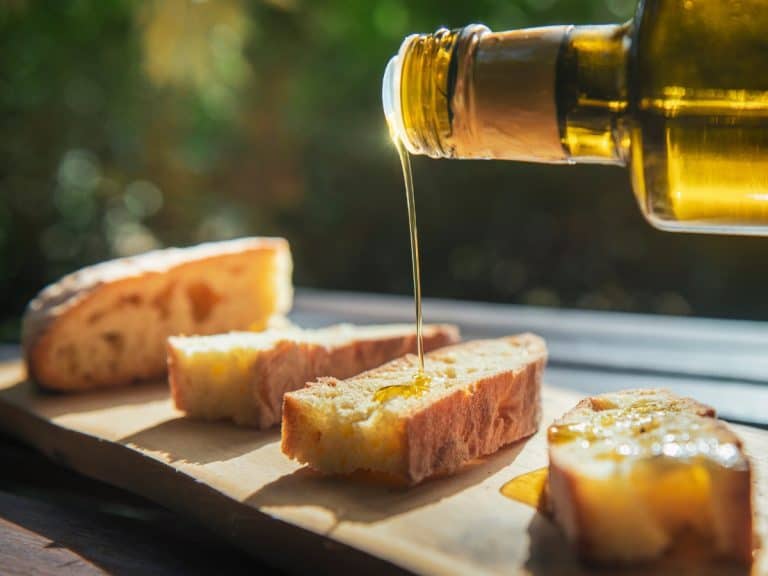 The best oils of Italy 2024 awarded with the Gambero Rosso Tre Foglie
The best oils of Italy 2024 awarded with the Gambero Rosso Tre Foglie 
